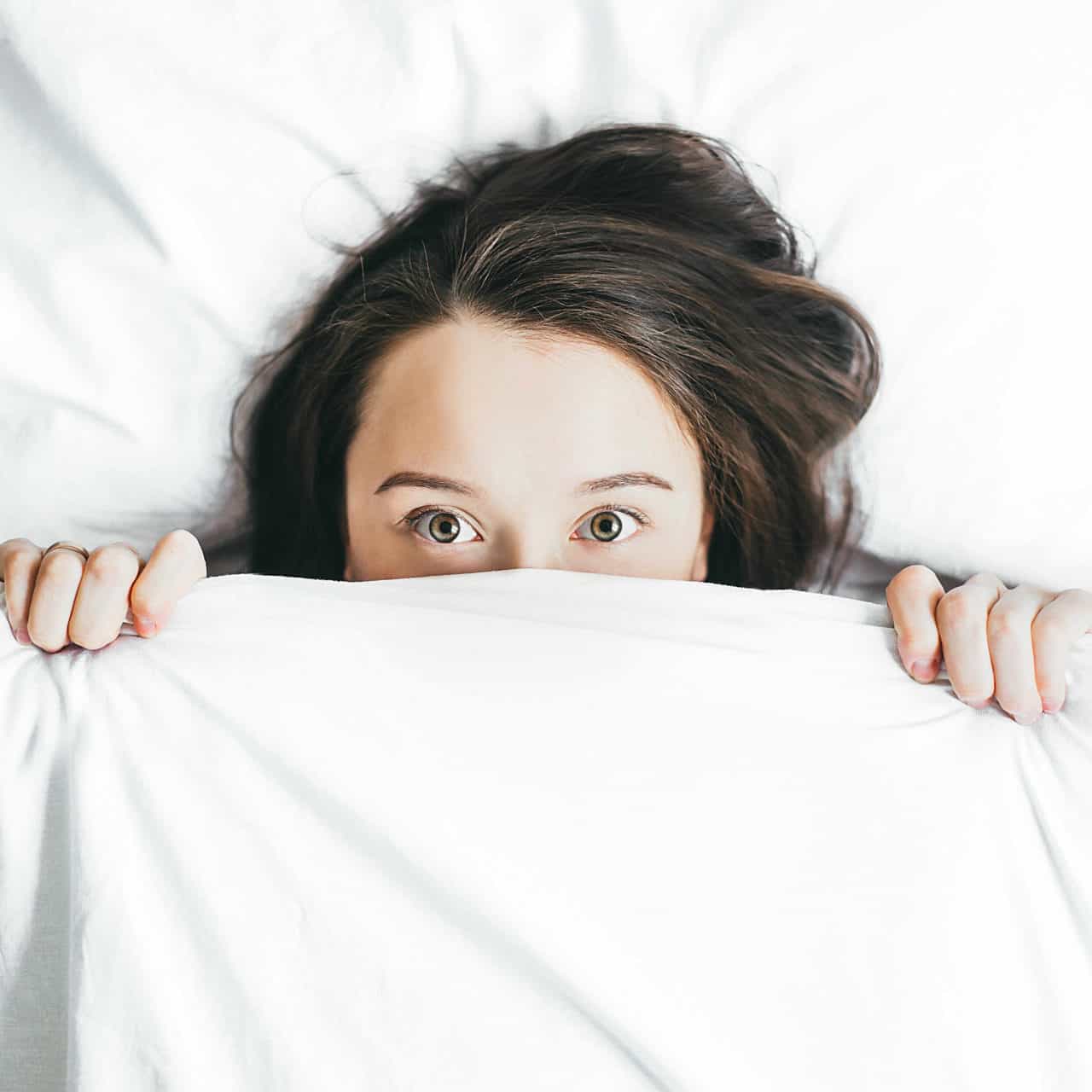
Q&A with Dr. Krapf – Sleep myths: What to believe?
We spend about 24 years of our lives asleep. So it’s no wonder that all sorts of myths circulate around what constitutes a good night’s sleep. Whether counting sheep helps or not, one thing is certain – a healthy sleep isn’t just restful, it’s crucial. There’s a reason why sleep deprivation was used as a torture method in the past.
So when is the right time to go to sleep? Do we need less sleep as we get older? Does a lot of sport help us sleep or does it disturb our rest? We spoke to Dr. Fabian Krapf, head of the Institute for Occupational Health Consulting (IFBG) and sleep expert at BLACKROLL®, to find out the truth behind these claims and get to the bottom of what really gives us a good night’s sleep.

Dr. Krapf is one of the most sought-after sleep-experts in Germany when it comes to the professional world. Alongside his colleague Dr. Utz Niklas Walter he founded the sleep portal letsleep, where he answers any sleep-related questions. In this exclusive interview, Dr. Fabian Krapf clears up the five most common sleep myths.
Myth 1 – The body rests while we sleep
It’s widely believed that our bodies rest during the night, but this is actually incorrect. Our bodies are very busy indeed. During sleep, organ systems and muscles are repaired and the immune system is strengthened.
While we sleep the body frees itself from harmful metabolic products and many other processes are set in motion to ensure we can overcome daily challenges.
Sleep is an active process that strengthens and processes memory. This is why the oxygen consumption of the “sleeping” brain is similar to that of the waking state.
Sleep is even more important for athletes, because sufficient sleep is one of the only ways they can increase performance in the long term.
Myth 2 – You can catch up on sleep
Sleep can indeed be “made up for.” However, sleep deficit is not brought back into balance by the number of hours of subsequent sleep. A sleep deficit is primarily balanced by the depth of sleep, not by its length.
After a bad night’s sleep, we sleep about a third longer the following night but will enter deep sleep phases more often and for longer.
This means that even after a restless or short night, we will get up at the usual time in the morning and won’t necessarily take a midday nap.
Sleeping during the day may make it difficult to fall asleep in the evening. On the other hand, sticking to regular sleeping times stabilizes our ability to sleep and improves our sleep-wake rhythm.
Myth 3 – The older you are, the less sleep you need
Many people believe elderly people don’t need as much sleep, but experts have always disputed this.
Older people need neither more nor less sleep but sleep patterns do change with age. We become more susceptible to disturbances, our sleep gets interrupted more often, and the amount of deep sleep decreases.
How much sleep we need is determined when we’re teenagers and our individual optimal sleep duration is then maintained for a lifetime. From the age of 20, it decreases by only a few minutes but in old age most people spread their sleep duration over the day. This can range from a daily microsleep to a midday nap.
Sleep time for older people depends much more on the type of sleep (short sleeper or late riser) than on age. It is true, however, that with age people’s sleep rhythm shifts and the overall quality of sleep decreases slightly from the age of 30 onwards.
Myth 4 – Healthy sleep increases performance
There is no universal definition for “healthy sleep,” however, certain characteristics of a restful sleep include:
- Period of deep sleep
- Sleeping through the night without lying awake for long periods
- Not waking up too early
- No tiredness in the daytime
What impact does this have on our performance?
Sleep determines cognitive and motor performance. The more restful the night’s sleep, the more likely it is that the body will perform at its peak and adapt positively to external influence.
However, it’s challenging to concretely quantify the increase in performance of athletes through their sleep quality. There have been studies conducted for basketball, swimming and tennis and these indicate that sufficient sleep can have positive effects on reaction time, accuracy, speed of action and endurance.
Myth 5 – Sport in the evening improves sleep
In addition to other health benefits, sport makes it easier to fall asleep and sleep throughout the night. However, the more time you leave between training and going to bed, the better it is for sleep. Ideally, your sports programme should be completed in the morning or at the very least 2 hours before your planned bedtime.
The intensity of the sports session should also be taken into account because if you train hard late in the evening, the body won’t be able to adjust to rest mode in time. So the more we exert ourselves, the greater the probability that our body will only be able to find a good night’s sleep after a longer period of rest. That’s why intensive training in the late evening is better avoided.
The best way to improve quality of sleep is through endurance sports, especially jogging, cycling, walking or swimming.
For team sports such as football, basketball or tennis, it’s important to leave more time before you sleep. These sports are about winning and losing which will get your adrenaline pumping, so you’ll need a little more down-time afterwards.
Q&A
With Q&A we get to the bottom of controversial topics every two weeks! And now it’s your turn! If you have any questions for Dr. Fabian Krapf, just ask him via our Instagram channel. The sports and health scientist will be available to answer your questions on our Live Talk Channel on Wednesday, June 24 at 6pm.



Comments